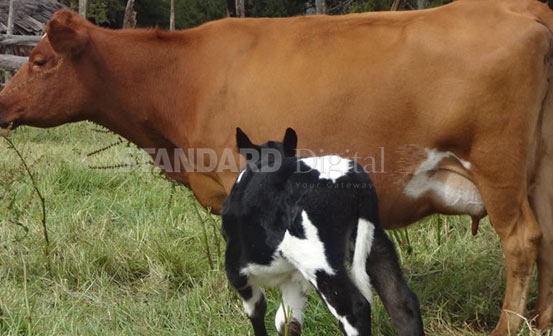×
The Standard e-Paper
Stay Informed, Even Offline

If you have been using natural mating or conventional Artificial Insemination (AI) then you are aware of how frustrating it can be at times when you either wish to have a bull calf or a heifer.